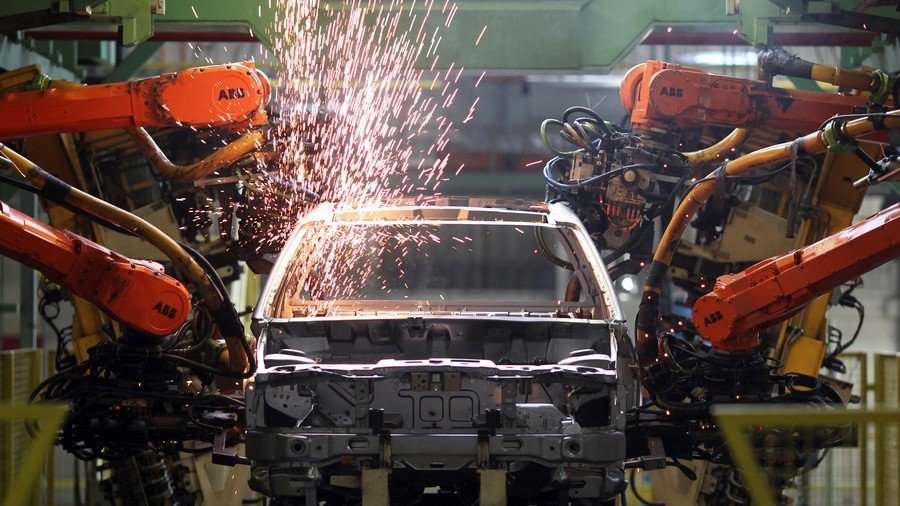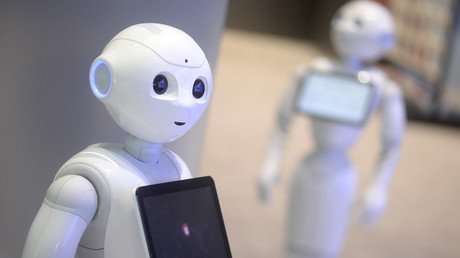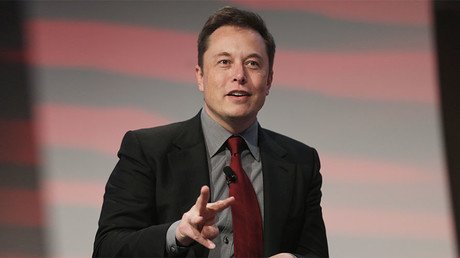RoboStop: Ford’s AI to leave no hiding place for bad drivers

Few drivers would imagine feeling nostalgic for speed cameras. Nevertheless, US automotive giant Ford has revealed its vision for the future of policing in a patent application, not for a cyborg, but an AI-driven cop car.
The proposed AI police car is a speed trap, surveillance vehicle and traffic cop all rolled into one. According to the pending patent published earlier this month, the vehicle could be used for routine tasks, like ticketing or penalizing bad drivers.
“An autonomous police vehicle may enforce traffic laws by identifying violators, pulling over the offending vehicle, capturing an image of license plate of the offending vehicle… determining whether to issue a warning or a ticket,” the patent reads.
READ MORE: ‘It will combat crime’: Robocop cars join Dubai’s futuristic police force (VIDEO)
Fitted with surveillance cameras, wireless communication capabilities and sensors, the car could be on the beat with or without a human officer. The vehicle could be even be linked to other police vehicles, the better to call for back-up in the event of an emergency. “Autonomous police vehicle may be trained or otherwise programmed using machine learning tools – deep neural networks – to find good hiding spots to catch violators of traffic laws,” the application reads.
Earlier this month, Ford CEO Jim Hackett told the Consumer Technology Association conference in Las Vegas that disruptive technologies like AI might change the face of motoring and civic life. Hackett suggested that through deep-learning AI and the internet of things, cars will be able to engage with road signs and markings. He also stated that such new developments will force a change in urban life.
READ MORE: Hackers could take over driverless cars to launch terrorist attacks, tech experts warn
“The car and the system will be talking to each other. And changing one piece of the system necessarily changes the whole. A car obviously is going to learn to drive itself, but the city transportations grid will mutate around what the cars need,” Hackett said in his keynote address.
“What we want is the depiction of the city of tomorrow. That demonstrates the benefits of introducing these smart vehicles in a smart world for civic life. It’s not about the city getting smarter, but about humans having a better day.”
Like this story? Share it with a friend!














